
|
This book by the late Richard Nelson Bolles is the best-selling guide on job hunting of all times. It is still being revised annually, now with the assistance of successor author Katharine Brooks. What makes this book special is its wide coverage: not only does it give advice to job-seekers of all ages, to those with blots on their CV, and to introverts, it also has suggestions on how to deal with psychological issues related to job hunting, on finding a job in the age of the internet, and on salary negotiation.
|
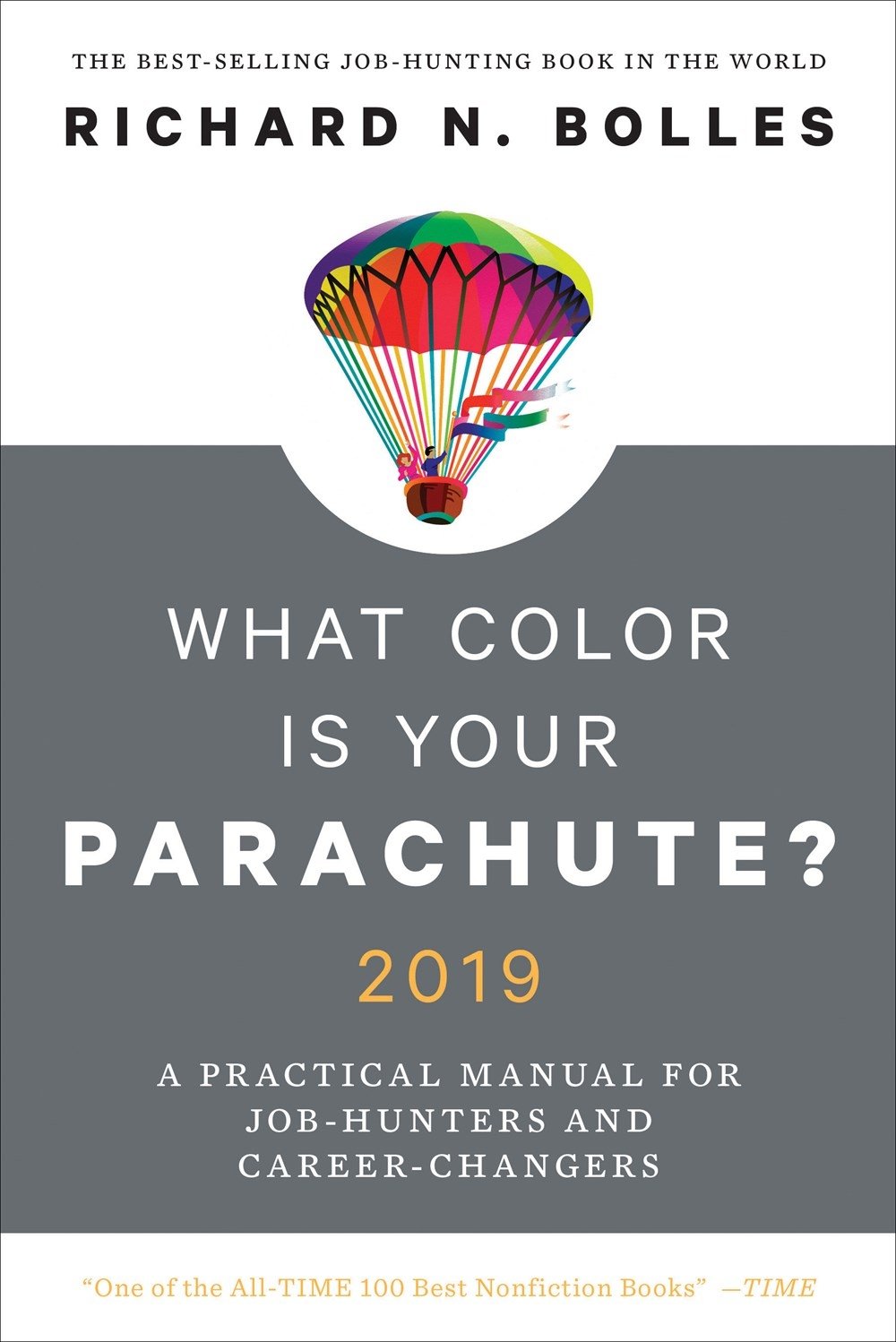
|
|
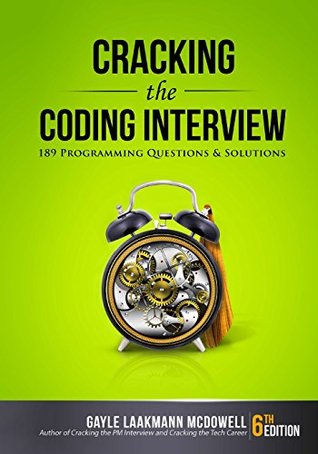
|
As the title suggests, this book by a software engineer with experience at Google, Microsoft, and Apple is about interviewing for jobs as a computer programmer. Aside from coding questions and algorithms, the book also discusses the interview process at the most popular tech companies, behavioral questions, and conventions for job offer negotiation . Importantly, the book not only includes detailed solutions (and sometimes multiple ones) but also hints, in case you get stuck but don’t want to spoil it for yourself. With 696 pages, this book is bound to teach you a lot.
|
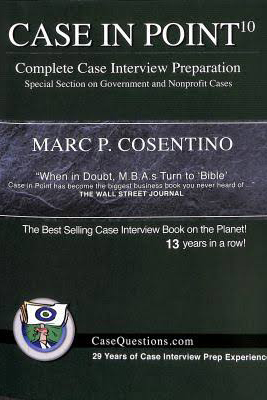
|
With a special focus on case interviews, this book coaches students how to think through the questions before giving sensible and thorough answers. Not only does it present several logical frameworks which help interviewees manage the given cases (Ch. 4), it also offers concrete sample interviews for readers’ reference (Ch. 5). This book is particularly useful for students who are about to attend a case interview for the first time.
Highlights include "Types of case questions" (pp. 15-19), "The four key case scenarios, developing your structure" (pp. 36-46), and "Case starts" (pp. 74-83).
|
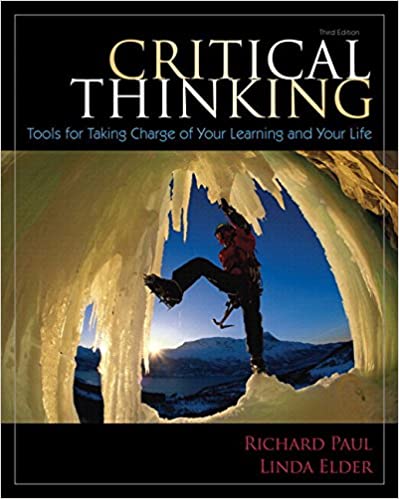
|
This is a textbook about critical thinking. Topics covered include: knowing oneself, asking the right questions, irrationality, bias, manipulation, and ethics. Of special interest are the section titled 44 foul ways to win an argument, which describes ‘dirty tricks’ used by the less honest, and the 52-page glossary of critical thinking terms and concepts, which will appeal to the intellectually curious. Critical thinking is a notion that is often talked about but has remained elusive for those wanting to define or teach it. This book is a good attempt at shedding light on this trendy topic.
|
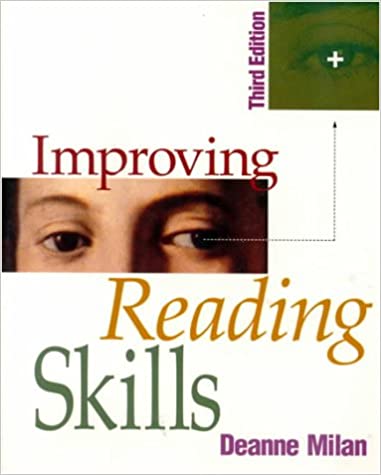
|
This book takes the unique approach of attempting to teach reading by offering a wide selection of prose instead of trying to independently teach techniques. The book contains a very interesting selection of non-fiction, and some of the book’s sections start with short instructional chapters about topics such as paraphrasing, making inferences, transitions, and persuasive writing. Texts are prefaced by vocabulary notes and followed by questions about reading comprehension and vocabulary from the text as well as discussion topics and in some cases suggestions for creative writing. Overall, one could describe this book as a large repository of materials for guided reading.
|
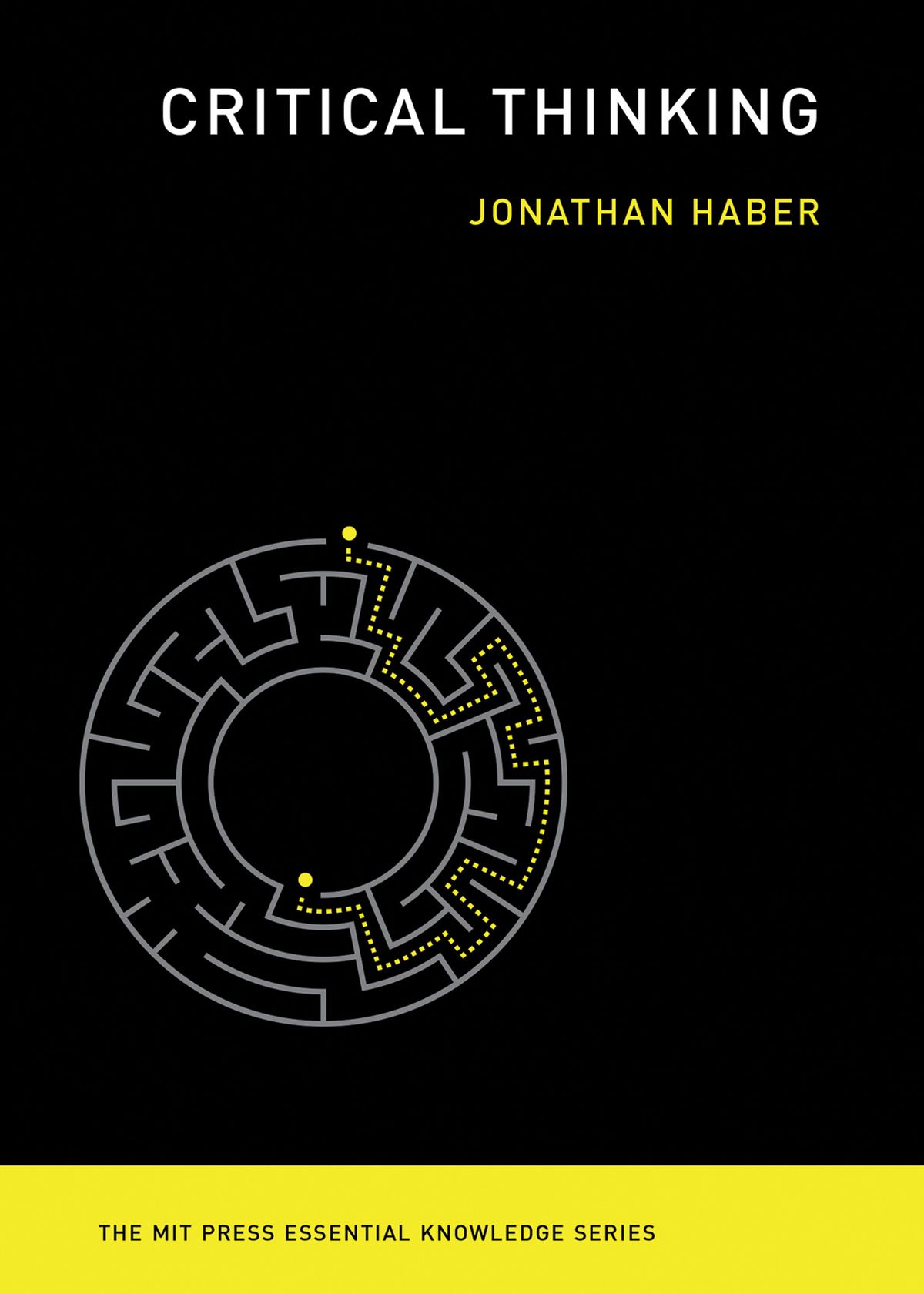
|
We might believe fake news, draw incorrect conclusions, and make decisions based on emotion rather than reason. Viewing critical thinking from philosophy, psychology, and science, this newest edition explains how the concept of critical thinking emerged, how it has been defined, and how critical thinking skills can be learned and assessed. It is, for sure, a great book for your personal growth.
Highlights include "John Dewey" (in Ch. 1), Components of critical thinking (Ch. 2), "Can critical thinking be taught?" (in Ch. 3) and "Can critical thinking be assessed?" (in Ch. 3).
|